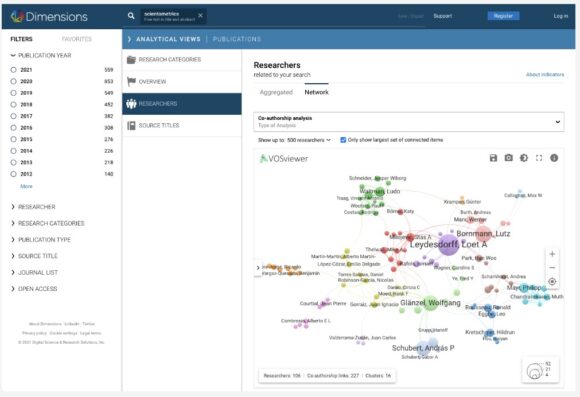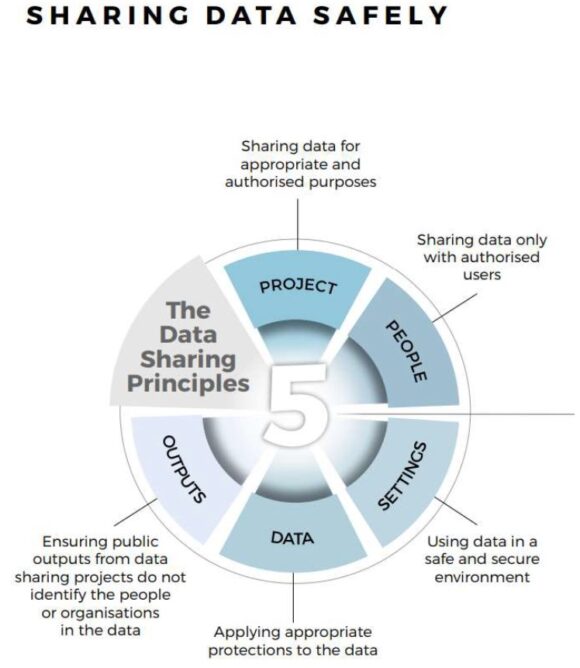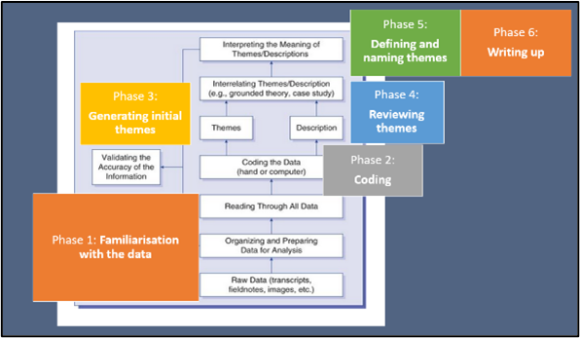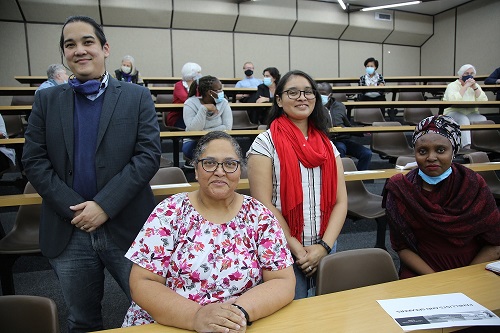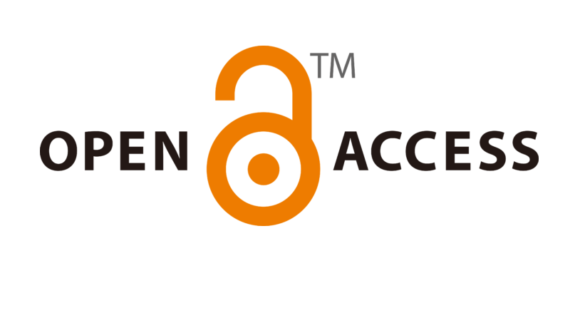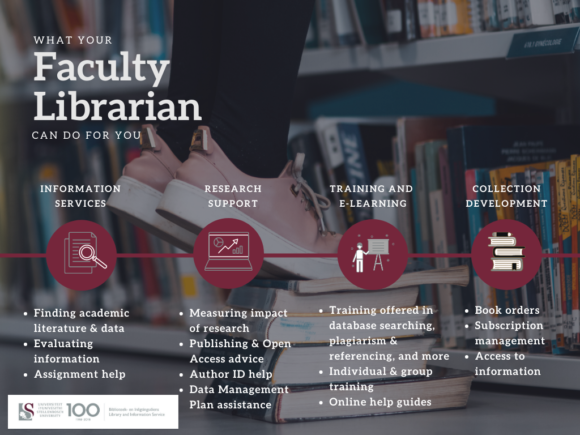Samuel Simango, Manager of Research Data Services, attended the Mortenson Center Associates Program recently. The following is his feedback on his time spent at the University of Illinois in Urbana-Champaign:
The Mortenson Center Associates Program is a unique non-degree professional development programme for librarians from outside the United States. The programme is run by the Mortenson Center for International Library Programs which is located at the University of Illinois in Urbana-Champaign. The 2022 Mortenson Center Associates Program took place between 25th May – 21st June. The theme for this year was Smart and Smarter: Leadership and Innovation in Libraries. The activities of the programme comprised seminars, workshops, tours, and various tasks.
The programme’s content was wide-ranging and touched on multiple areas relating to library and information services. To a certain degree, it represents a deep dive into the Library and Information Service at the University of Illinois at Urbana-Champaign. However, this was blended with perspectives from several other divisions of the University, such as the Center for Innovation in Teaching and Learning, Siebel Center for Design, as well as the Campus Instructional Facility. Furthermore, the associates were also provided with broader exposure to several other institutions, including the Urbana Free Library, Harold Washington Branch Chicago Public Library, University of Chicago Library, Ohio State University Library, Pritzker Military Museum and Library, Online Computer Library Center (OCLC), Westerville Public Library, Arthur Public Library, Abraham Lincoln Presidential Library and Illinois State Library.
There were no specific tracts for the different types of librarians. As such all librarians attending the programme were exposed to a broad range of library environments. The idea was to provide associates with exposure rather than pigeonholing them to the types of libraries in which they happen to work. The Mortenson Center Associates Program probably represents the single greatest transfer of knowledge in the library sector in the world – primarily due to the manner in which it facilitates knowledge acquisition. After attending this programme one certainly comes out with a better understanding and appreciation of libraries.
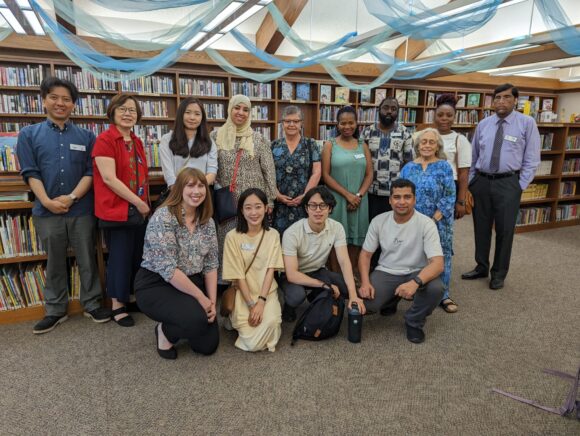
Samuel (third from the right at the back) with the other librarians who attended the programme, and some of the presenters

